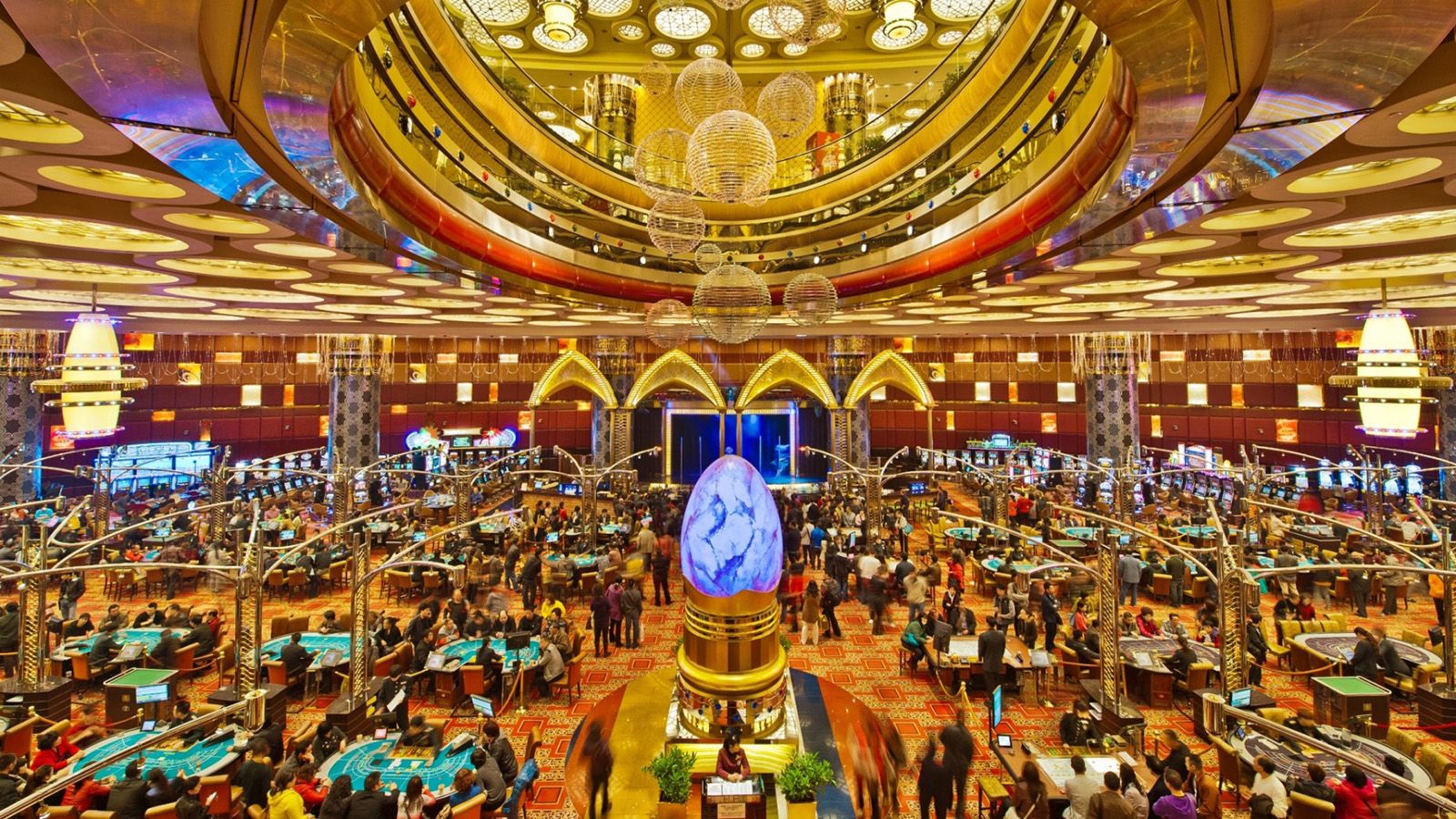
Slot machines has integrated into the mosaic of leisure across multiple societies, often echoing diverse societal values, beliefs, and attitudes towards luck and chance. The vibrant lights and exciting sounds of slot machines have a global appeal, luring patrons with the temptation of excitement and the opportunity for fortune. However, the understanding and tolerance of this form of gambling can differ widely depending on the cultural backdrop.
In certain societies, slot gambling is celebrated as a exciting pastime, often perceived as an entertaining activity in community events or special occasions. In contrasting cultures, it may be seen with doubt or even criticism, where issues of dependency and ethical dilemmas guide the discussion. Understanding these varied viewpoints enhances our understanding for how slot gambling is not just about the machines per se, but also about the rich framework of cultural dynamics that shape our interactions with luck and chance.
Cultural Views on Gambling
Various cultures around the world have diverse perspectives on gambling on slots, which influences how it is practiced and viewed. In some societies, such as in many parts of the United States, gambling is widely accepted and integrated into entertainment. Gaming establishments and slot machines are often seen as a source of entertainment that can provide excitement and potential monetary rewards. This endorsement has led to the expansion of land-based casinos and the increasing popularity of online slot gaming, where individuals seek the excitement of risk.
Conversely, in some cultures, gambling is viewed with skepticism or outright disapproval. In countries where religious beliefs play a significant role, like in regions within the Mideast, slot gambling may be forbidden or subject to strict limitations. Here, gambling is often associated with social issues such as addiction or financial ruin, leading to a bad reputation. The legal framework typically mirror these cultural attitudes, with strict laws against gambling activities, including slot machines.
In other regions, like many East Asian cultures, slot gambling occupies a nuanced space. While traditionally viewed as a negative behavior, there is a increasing acceptance due to the impact of tourism and economic factors. In locations like Macau, slot machines have become a major attraction, symbolizing a blend of cultural acceptance and economic necessity. This change shows how cultural perspectives can change over time, shaped by external factors such as globalization and shifting societal norms.
Rules and Legal Structures
The control of slot gambling differs significantly across different societies and areas, showing each culture’s perceptions about gaming. In many Western countries, such as the United States and the United Kingdom, slot machines are heavily regulated. These regulations often include rigorous licensing requirements for providers, age limits for participants, and steps to ensure fair play and responsible gambling. Additionally, revenue generated from gambling is generally taxed, contributing to public services and infrastructure.
In comparison, some countries maintain a more restrictive stance to gambling, reflecting cultural or spiritual views that discourage such practices. For example, in numerous Islamic nations, gambling is prohibited, leading to an underground market for slot machines and alternative forms of gaming. In these regions, law enforcement often focuses on illegal gambling operations, while efforts to manage and reform gambling laws face significant societal pushback.
Emerging economies, particularly in parts of Asia and Latin America, are experiencing a shift towards further liberalized gambling structures. Nations like Japan and Brazil have begun to explore regulated slot gambling to stimulate tourism and economic growth. These cultural changes are frequently accompanied by debates on how to balance the potential benefits of gambling revenue with the threats of addiction and social impact, leading to evolving legal frameworks that reflect the changing attitudes toward slot gambling.
Social Impact and Local Views
The view of slot games varies widely across different societies, often influenced by societal norms and financial circumstances. slot bet 50 In some communities, slot machines are seen as a type of leisure and social engagement, where people come together to enjoy the excitement of the game together. For such groups, slot gambling is integrated into community gatherings, celebrations, and excursions, creating an atmosphere of camaraderie among players. It serves as a tool for bonding, and the excitement of winning can enhance communal ties.
Conversely, in other societies, slot gambling is seen with doubt or outright condemnation. The possibility for addiction and financial strain associated with gambling can lead to negative social consequences. Families may suffer when a relative becomes overly invested in slot gambling, leading to financial hardship and strained relationships. Groups that value traditional values may oppose participation in gambling activities, branding them as morally questionable and detrimental to societal welfare.
Additionally, the economic impact of slot gambling can differ greatly depending on the cultural context. In areas where it is welcomed, slot gambling can add significantly to local economies through employment opportunities and tourism. However, in regions that resist the prevalence of gambling, there may be movements advocating for tighter controls or outright prohibitions, emphasizing the need for community wellness over potential economic gains. These conflicting views highlight the complex relationship between culture, morality, and the societal effects of slot gambling.